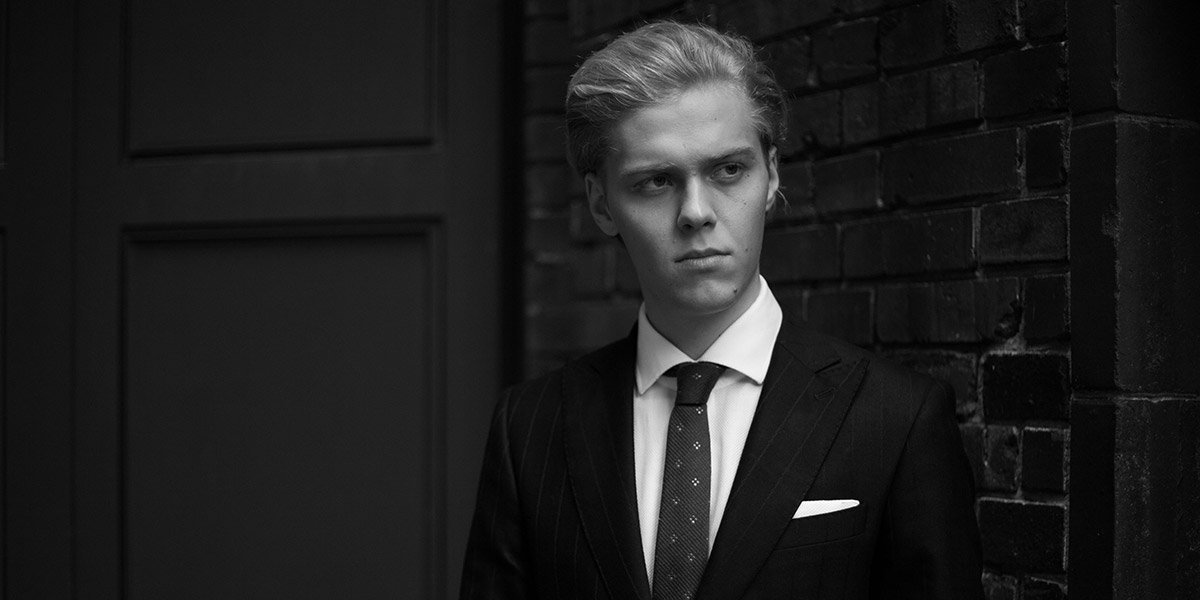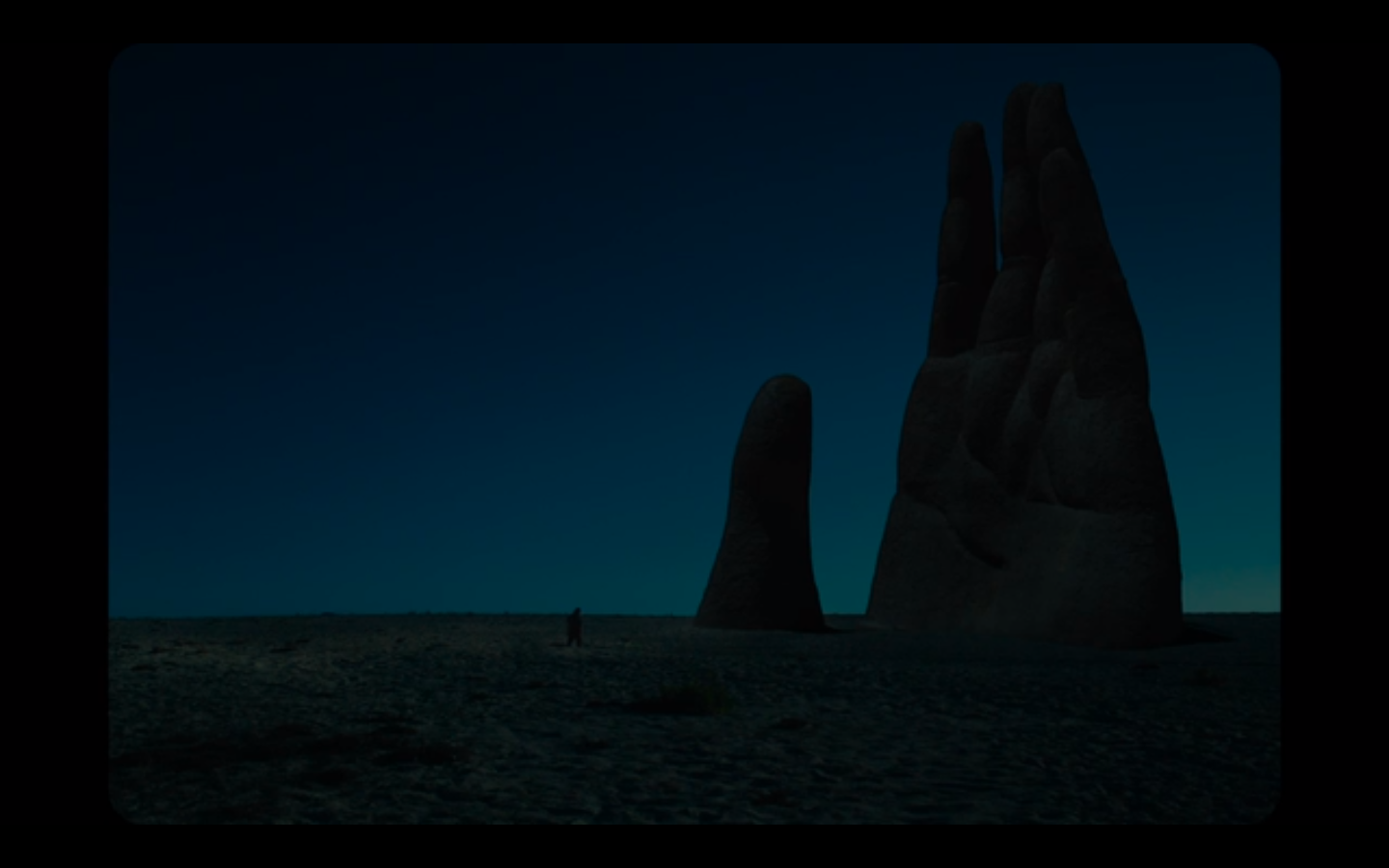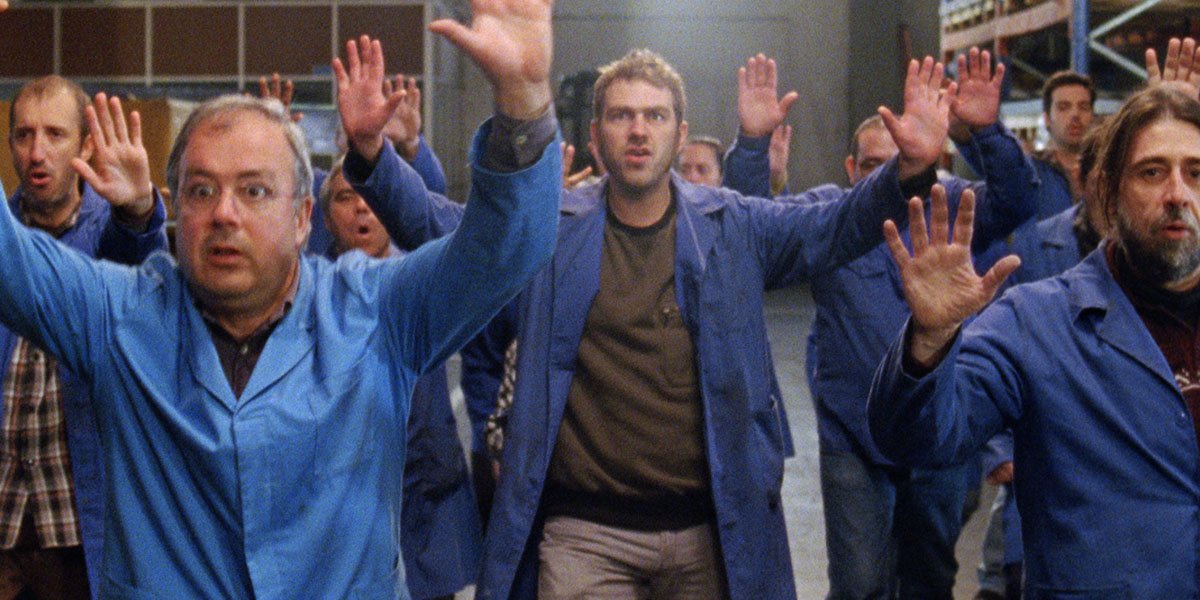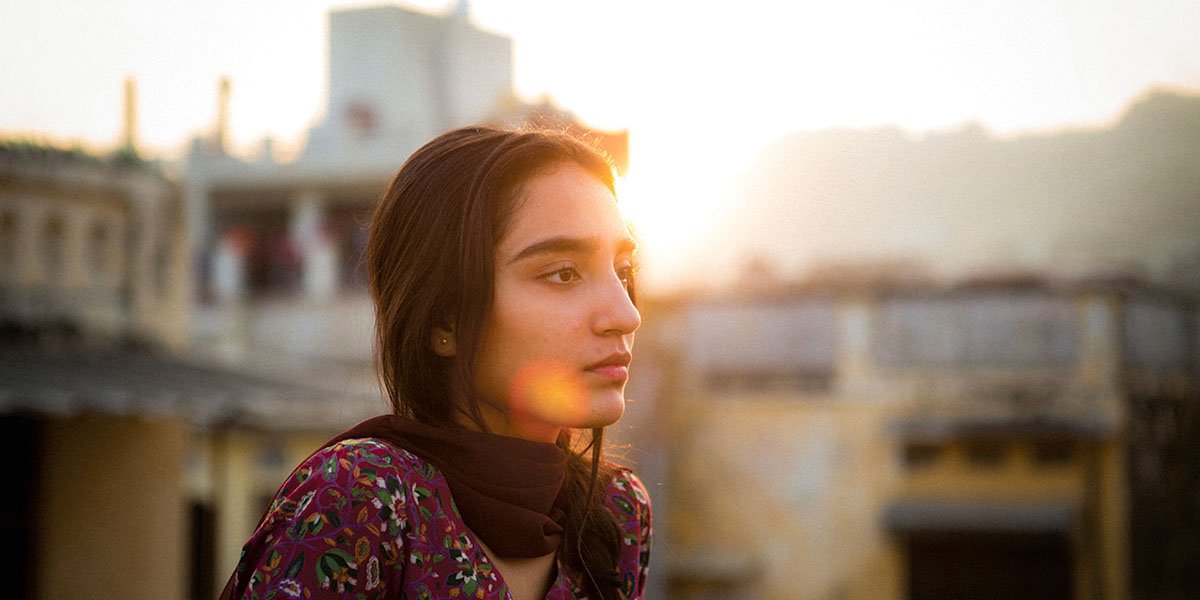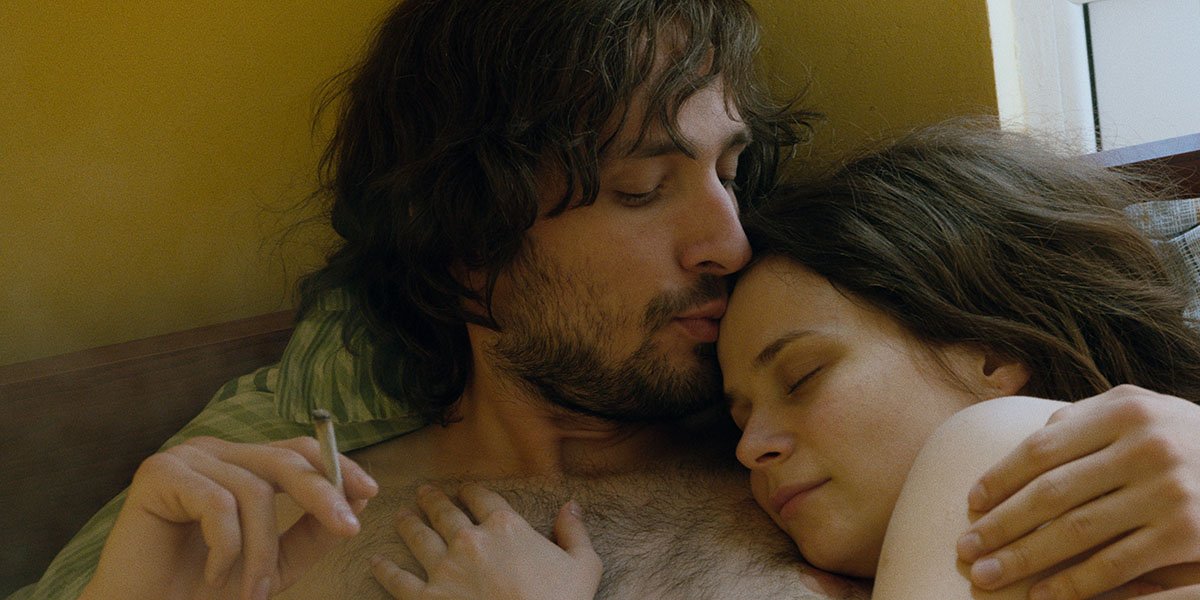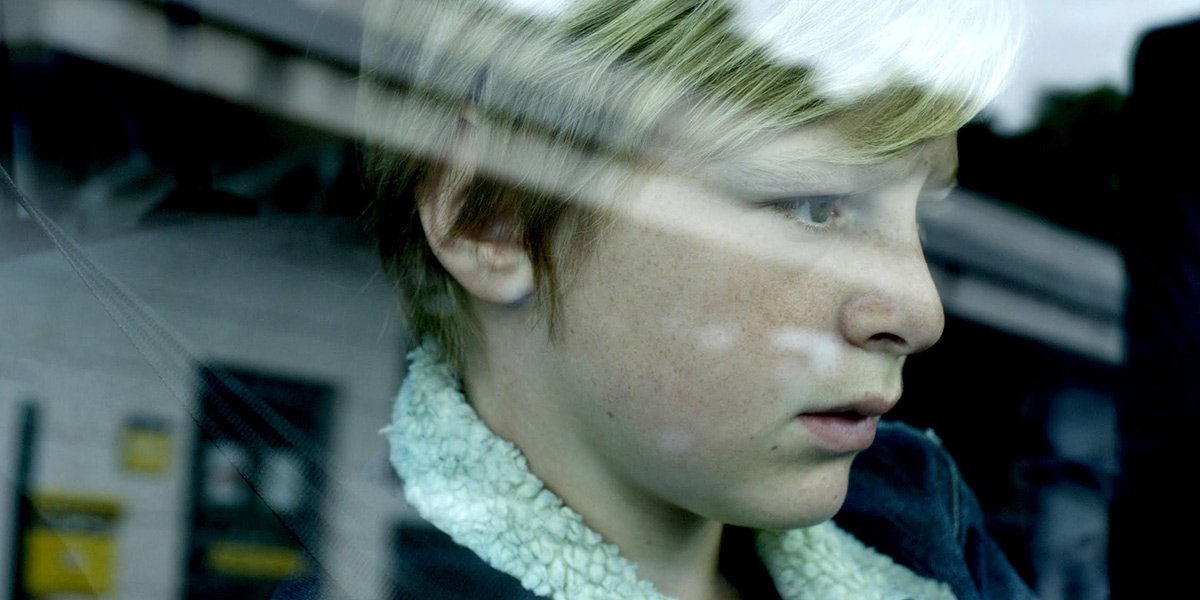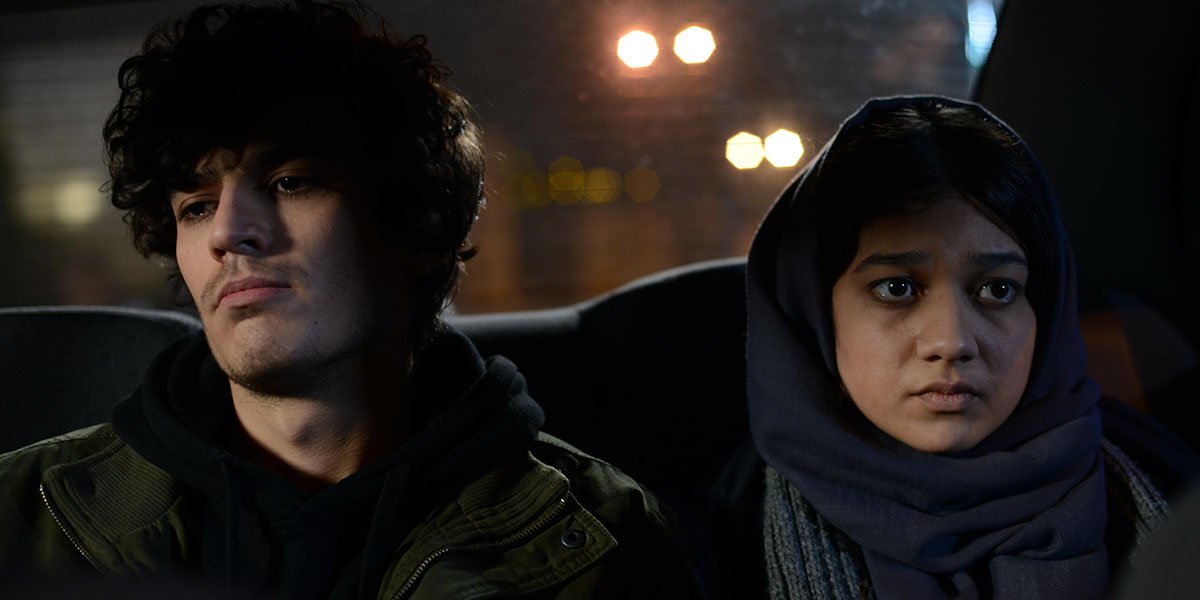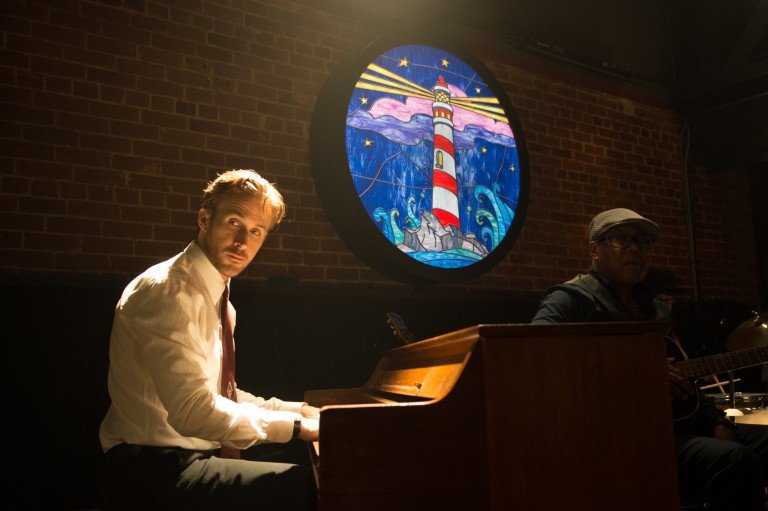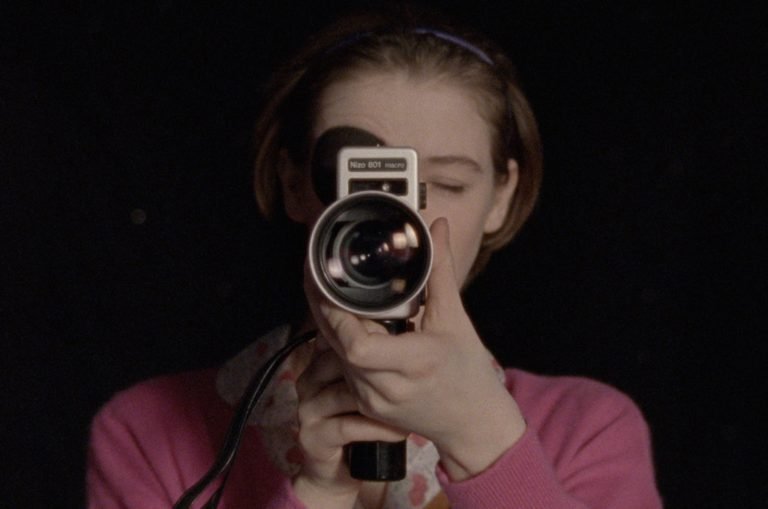Keeping aside all the major films that are already in limelight and need no introduction like The Shape of Water, mother!, Three Billboards Outside Ebbing, Missouri, Downsize, Lady Bird, here are the 10 underrated films played at TIFF 2017 that need your attention.
Beyond Words | Dir. Urszula Antoniak | Poland
Gorgeously draped in dazzling monochromatic color, breathing poignant immigration drama, “Beyond Words” impeccably forges the current state of European immigration by putting a Polish lawyer at the vantage point. Directed by Urszula Antoniak, who herself is a Polish Immigrant, explores the idea of internal displacement and finding the sense of belonging from her personal experience. Beyond Words is beautifully shot nuanced & poignant drama that essentially deals with the crisis of identity in the disguise of strained father-son relationship.
Read The complete Review Here
Oblivion Verses | Dir. Alireza Khatami | France, Germany, Netherlands, Chile
In his screenwriting book, Robert Mckee says that story is a metaphor for life. But can a story be a metaphor for death? Every grave has a story to tell. This is the story of an elderly morgue attendant whose sole purpose in life is to give meaning to death.Part minimalist human drama, part surreal fantasy, Oblivion Verses is kind of movie Kiarostami would’ve made if he were high on acid.
Read The Complete Review Here
The Seen and Unseen | Dir. Kamila Andini | Indonesia
Kamila Andini stems the deep-felt concept from her personal holistic experience and weaves an unsettling and atmospheric mood piece around the Sekala Niskala. Shown through the eyes of twin siblings, she creates a somber tasting folklore that is chilling and disturbing that effortlessly sweeps into the constant ambiguity of realism and myth. It immerses itself in a hazy dream space, often romanticising surrealism, that is structured around a powerful emotional arc.
The dry visual aesthetics dazzling with the heartfelt characters on Indonesian countryside balancing the profound concept of dualism & headspace of childhood, Sekala Niskala (The Seen and Unseen) is a film that would stay with you for long and perhaps adjust your spiritual self with a new hope of dealing with crisis and loss.
Read The Complete Review Here
Marlina the Murderer in Four Acts | Dir. Mouly Surya | Indonesia
There’s no exact way to categorize Mouly Surya’s “Marlina the Murderer in Four Acts.” It’s neither just a western or just a rape-revenge drama. To put it only mildly, I’d call it a cross between the aesthetically pleasing feminist troops of Ana Lily Amirpour‘s “A Girl Walks Home Alone At Night” & the calmness, subtlety & deadpan humor seen in Jim Jarmusch’s psychedelic-western “Dead Man.“ Set in the deserted, picturesque hills of Indonesia, this badass tale of seeking justice is slyly brimmed in a heating pan until it boils up with unmatchable fury.
“Marlina the Murderer in Four Acts” is the kind of film that film enthusiasts like us crave every year. The subversive romp of the generalized troops plus a badass protagonist who is thrown into a mix of mordant humor & sly playfulness of motifs makes it one of the best films of the year.
Read The Complete Review Here
The Nothing Factory | Dir. Pedro Pinho | Poland
During the time when the western production houses are aggressively spending money to make a cinema “look” better and clocking them under two hours, given the constantly reducing attention span of audiences, it may seem risky move to make a three-hour contemplative labor drama – with hybrid docu-fiction taste to it. But, given the somewhat resumption of the Portuguese economic growth from European sovereign debt crisis and marginal status of Portugal’s cinema, The Nothing Factory film becomes a real-life metaphor for Pedro Pinho, where his film would struggle to make money among the plethora of western trash served in the name of cinema. Capitalism, you betcha!
Read The Complete Review Here
What will people say | Dir. Iram Haq | Norway, Germany, Sweden
Anchored by an excellent lead performance from Maria Mozhdah, Norwegian-Pakistani film-maker Iram Haq’s quasi-autobiographical drama What Will People Say (Hva vil folk si, 2017) inquires one adolescent girl’s painful multicultural struggles.
‘What Will People Say’ provides an empathetic take on a teenage girl’s cultural & social confinement that’s devoid of one-dimensional character renderings and sentimental traps. Despite being an extremely personal story, film-maker Iram Haq shows amazing restraint and subtlety in her direction.
Read The Complete Review Here
Ana, mon amour | Dir. Calin Peter Netzer | Romania
The contemporary relationships that I happen to see around me are mostly built on broken strands. Someone or the other needs to be fixed, and the significant other makes it a mission to do the fixing. While this co-dependence often forms the heart of the relationship – becoming a boon to the ever-growing tenderness towards one another, it, in turn, becomes a curse too. Calin Peter Netzer’s “Ana, mon amour” explores love, addiction & co-dependency and how each one of them takes a turn in becoming a boon & a curse.
“Ana, mon amour“ is an expertly crafted, well-acted, complex & poignant drama that only staples Netzer as one of the best directors working today. It makes love feel like a penance. The film, on the other hand, justifies what makes it one.
Read The Complete Review Here
All you can eat Buddha | Dir. Ian Lagarde | Canada
As interesting as the title “All You Can Eat Buddha” sounds, the film gets even more intriguing & weirder every passing minute and gradually drifts into an unknown space until it becomes an entity of its own. Like the other world governed by some mystical power. Or perhaps some spiritual power. Or the power of gluttony.
Gluttony creeps in when our desires spiral out of control and get excessive with food. According to Buddhist Scholars, if gluttony cannot be conquered, any ambitious spiritual pursuit is doomed to fail. And that is what exactly happens with Mike and gradually El Palacio is turned into shambles. “All You Can Eat Buddha” is left open for interpretation and you can choose what you wish to believe in. Ian Lagarde’s confident screenplay and direction make the whole gamble of gluttony mixed with spirit and its implication on human core emotions worth a surreal experience.
Read The Complete Review Here
Custody | Dir. Xavier Legrand | France
The opening tense scene of Xavier Legrand’s “Custody” unfolds in real time like a nightmare inside a family court just to wake up and realize that you are dropped in the middle of a violent storm. Nerve-racking and claustrophobic for its entire running length, Legrand’s take on noxious masculinity conveys that intrinsic violent behavior is hard to exhale from the subconsciousness.Miriam and Antoine Besson have just divorced and they are particularly seeking custody of their 12-year old son who has requested to be not with his father. Keeping calm like a steady water current inside the court, Antoine brings the destruction like Tsunami to his family when his son turns cold emotionally.
Read The Complete Review Here
Disappearance | Dir. Ali Asgari | Iran
Disappearance (Napadid Shodan) functions like a road trip over the course of the night where the young Iranian couple tries to hold on to their love amidst the lost of their innocence guarded by the regressive walls of societal moral codes. The film’s skeleton that reminiscent of Romanian filmmaker Cristi Puiu’s “The Death of Mister Lazarescu” breaths the ethical and social ambiguity and also its implications on human relationships closely resembling Asghar Farhadi’s body of work. Disappearance still manages to be a solid entity in itself that stays true to the vision of Ali Asgari.

